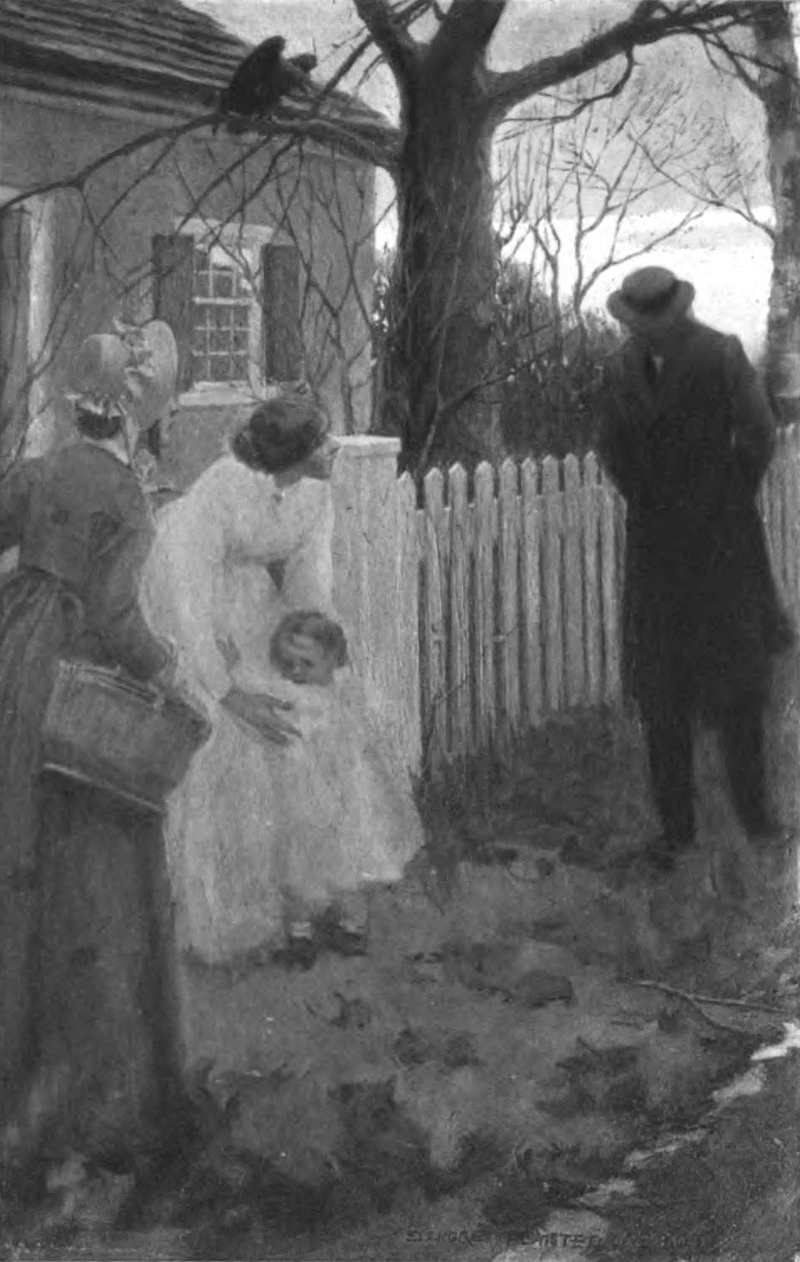Puritanism was a major practice in the colonies, especially in the New England region. Having been among the first to settle in the region, these Christians made their mark on the developing history of New England. They had a firm belief in the importance of covenants among themselves and with God, and believed in the nature of predestination (Campbell). Despite these noble beliefs, however, there is a hypocrisy within their preachings; the human struggle with faith and dedication leads to the moral shortcomings that the Puritans occasionally faced.
Throughout the works of Nathaniel Hawthorne, readers can see for themselves the almost hypocritical nature of the Puritans in the nineteenth century. A work that portrays this quite well is “The Minister’s Black Veil,” a short story where a Puritan pastor wears a black veil as he lives and preaches to the townspeople. The pastor, regarded as Mr. Hooper, ends up becoming feared by his fellow townsfolk;
Each member of the congregation, the most innocent girl and the man of hardened breast, felt as if the preacher had crept upon them behind his awful veil and discovered their hoarded iniquity of deed or thought. [...] There was nothing terrible in what Mr. Hooper said—at least, no violence; and yet with every tremor of his melancholy voice the hearers quaked. (Hawthorne)
The townsfolk all believe that the veiled Reverend Hooper knew all of their sins, and grew to fear his veil as the symbol of sin as a result. Puritans had a distinct fear of being sinful, as they maintained the belief that going against God’s graces was unforgivable (Campbell). As a result, the people assume the veil to be a reminder of their own shortcomings, and personally distance themselves from the Reverend as a result. The above image is an artist's depiction of the people's fear and isolation, which further exemplifies how unreasonable the town's treatment of Hooper is; even with the veil, he is still a normal man.
This veil’s resulting social exile, however, manages to be a net positive for the town. Because of the imposing nature the veil gives to Hooper, his sermons gain a new power in spreading his faith; “In this manner Mr. Hooper spent a long life, irreproachable in outward act, yet shrouded in dismal suspicions; kind and loving, though unloved and dimly feared; a man apart from men, shunned in their health and joy, but ever summoned to their aid in mortal anguish” (Hawthorne). Hooper makes a covenant with his faith to support his people, at the cost of his humanity in everyone’s eyes. This covenant improves the spread of Puritan beliefs amongst the townsfolk, but this is seemingly only achieved because of their own moral failures in the eyes of God.
Works Cited
Hawthorne, Nathaniel. “The Minister’s Black Veil.”
Campbell, Donna M. "Puritanism in New England." Literary Movements. Dept. of English, Washington State University. 4 July 2013. Web. Accessed 18 March 2024. https://public.wsu.edu/~campbelld/amlit/purdef.htm
Abbott, Elenore. "The children fled from his approach". 1900, https://upload.wikimedia.org/wikipedia/commons/8/8b/The_Ministers_Black_Veil_image.png


